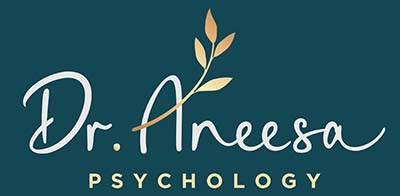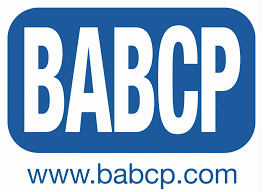Staying Busy Won't Make Trauma Go Away
Taking on more projects at work. Booking up your social calendar. Time heals all wounds. Soon this will just be a distant memory. Do you find yourself coping with traumatic experiences by staying busy and distracted? If you’ve been burning yourself out trying to do this, keep reading to find out why time and distraction don’t work when it comes to healing from traumatic experiences.
What are Trauma Memories?
Trauma memories are fundamentally different from regular memories in some key ways. With a trauma memory, you often experience this as fragments rather than a fully complete memory. For example, you might find yourself recalling particular smells or sounds associated with the trauma memory that take you right back to a brief recollection.
These memories are often very fragmented and incomplete. They are usually missing important details- there are things you cannot remember, and they often lack other contextual information that help you to fully make sense of it. Sometimes the sequence of events can also be jumbled up and out of order.
Trauma memories usually feel anxiety provoking and scary because they can be easily triggered by a reminder of the traumatic event, and are accompanied by a wave of strong emotion that feels overwhelming. These memories feel very current, and it’s easy to feel as if it is happening right now rather than recalling a past event.
Regular memories, in contrast, are like reading a book. For example, if you think back to the last time you felt highly anxious when delivering an important presentation at work, this memory likely feels very different. You might recall that you felt anxious leading up to giving the presentation, that your heart was pounding and your voice was a bit shaky at first, but this memory will not feel fragmented. You will be able to clearly recall what happened leading up to the presentation, during, and what happened and how you felt afterwards.
The memory is something you are recalling from your past, you are not being overwhelmed by a sense of anxiety or rush of physical symptoms as you recall it, and the memory itself doesn’t feel jumbled up or fragmented. It may not be your favourite memory, but going back to that time feels like re reading a chapter in your book.
Why Staying Busy Makes Trauma Worse
While it’s understandable to think that keeping busy and distracted will help your traumatic memories to fade over time, unfortunately this is unlikely to happen after the first month. Avoidance only makes the trauma memories feel more threatening and scary, because you are not giving yourself the chance to make sense of this memory and reflect on what that experience has meant for you and your belief system.
You might be familiar with the green rabbit thought experiment. If I asked you right now to think about anything you like but not a green rabbit for the next 60 seconds, what do you notice? Are you more or less likely to think about the green rabbit if you are deliberately trying not to think of it? If you answered more likely, then you’d be correct!
How to Cope with Trauma Memories and PTSD
So if avoidance isn’t the way forward, what is? Here are some helpful therapist approved techniques:
- Try writing out the whole traumatic experience in a journal, from start to finish, adding in as many details as you can remember about what you were thinking and feeling in the worst moments of your trauma. Read this narrative to yourself every day and take note of how your emotional responses change over time.
- Practice calming your body: deep breathing, using your 5 senses to focus your attention back on the present moment when recalling your memories feels too intense, or moving your body in any way that feels soothing- running on the spot, shaking out your tension, marching on the spot.
- Rebuild your life: if you’ve been isolating yourself or withdrawing from your usual activities or social support system, try to take small and consistent steps to re connect with others, engage in good self care, and resume hobbies or other valued activities.
If you are struggling with PTSD or traumatic memories and think you might need professional support to move forward, I would love to hear from you. Trauma focused therapies can be very helpful in resolving PTSD. If you’re ready to take the next step, email your inquiry on the contact form to set up a free initial phone call to discuss your situation.



















